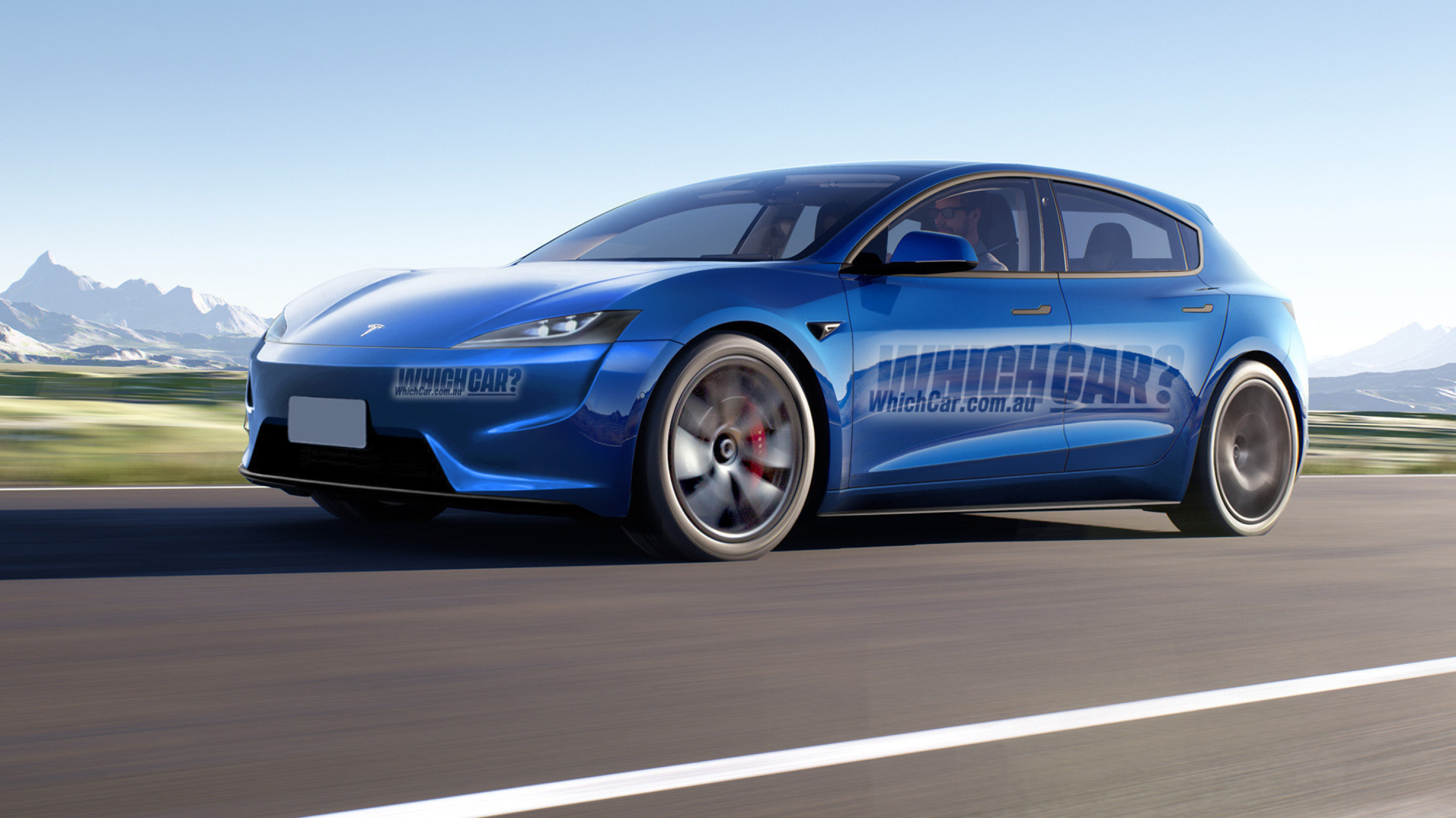
Snapshot
- Tesla to build new affordable small SUV using die-casting
- Sources say itu2019ll be sub u20ac25,000 in Europe
- Will be built at Berlin Gigafactory for European markets
This week, Tesla CEO Elon Musk visited the brand’s German Gigafactory in Gruenheide and, after thanking them for their hard work, told workers the Berlin plant will be where a new affordable EV is produced for Europe according to Reuters [↗].
The vehicle in question is a yet-unreleased EV that is unofficially known as the ‘Model 2’, with Elon targeting a starting price of €25,000 – about A$41,000.
The German Gigafactory currently produces the Model Y medium SUV for continental consumption, and the new model is aimed at increasing the uptake of electric vehicles in Europe.
The Model Y is already Europe’s best-selling vehicle with 169,420 new registrations so far this year ahead of the Dacia Sandero at 154,538. EVs make up over 20 per cent of the market in Europe, the Jato Dyanmics found the average purchase price to be €65,000.
For those reading thinking that the BYD Dolphin and MG 4 already eclipse the Model 2’s target price, Europe’s lack of free-trade agreement with China and added shipping distance mean those two cars aren’t as affordable on the continent.
In Germany, the MG 4 starts at €28,590 (A$47,500) and the BYD Dolphin €29,990 (A$49,870).
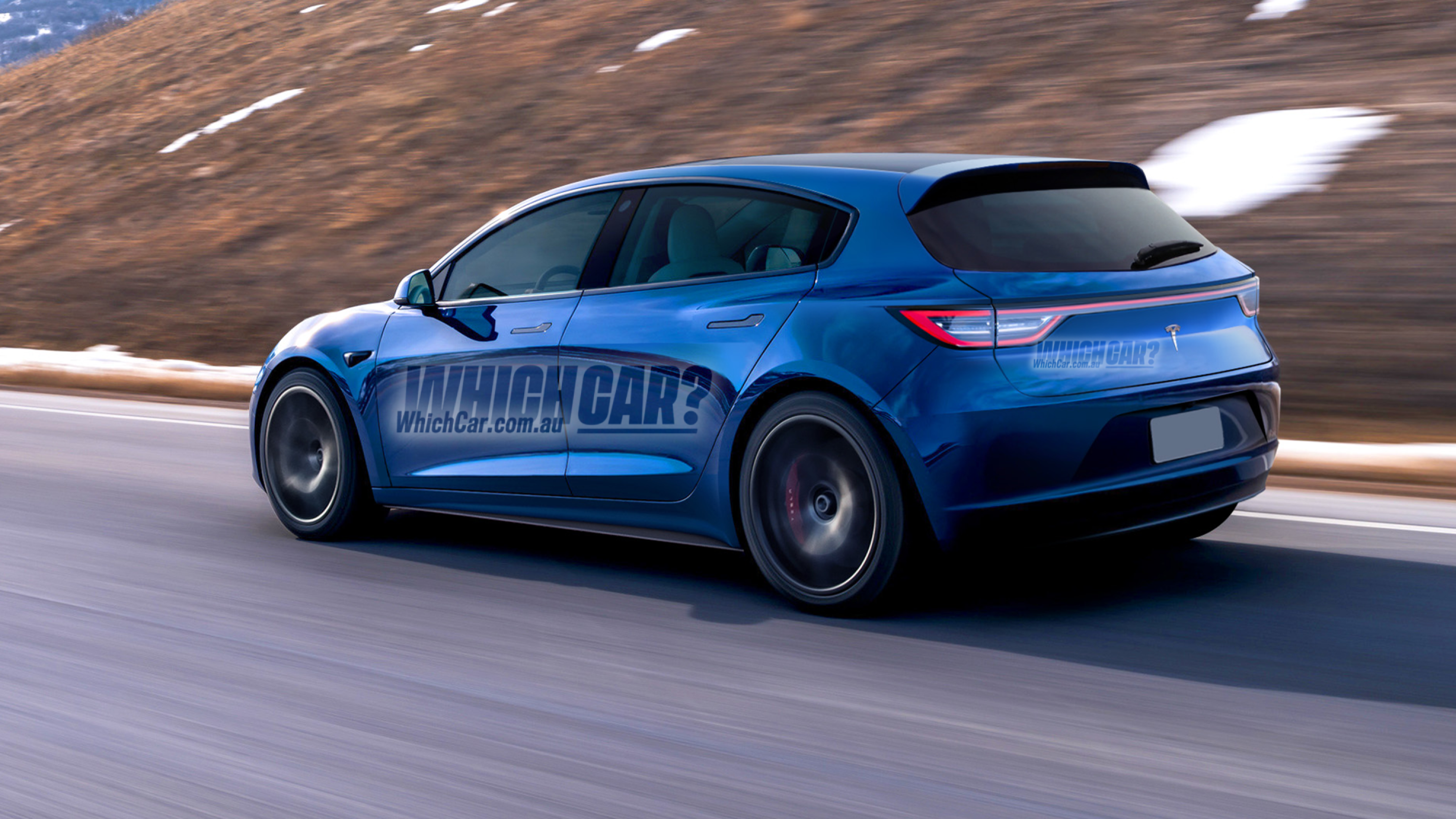
How will Tesla make the ‘Model 2’ more affordable?
For a start, building the Model 2 in Europe will give Tesla a leg up on Chinese rivals (though not in Australia, of course), but there’s more at play.
To cut costs and simplify the manufacturing process, sources told Reuters that Tesla is developing a technique to die cast most of the chassis in one piece, allowing higher volumes and lower costs unofficially known as the ‘unboxed’ production process.
Die casting is not new in the automotive industry but is typically reserved for smaller components, such as engine blocks and subframe assemblies rather than large sections of a vehicle.
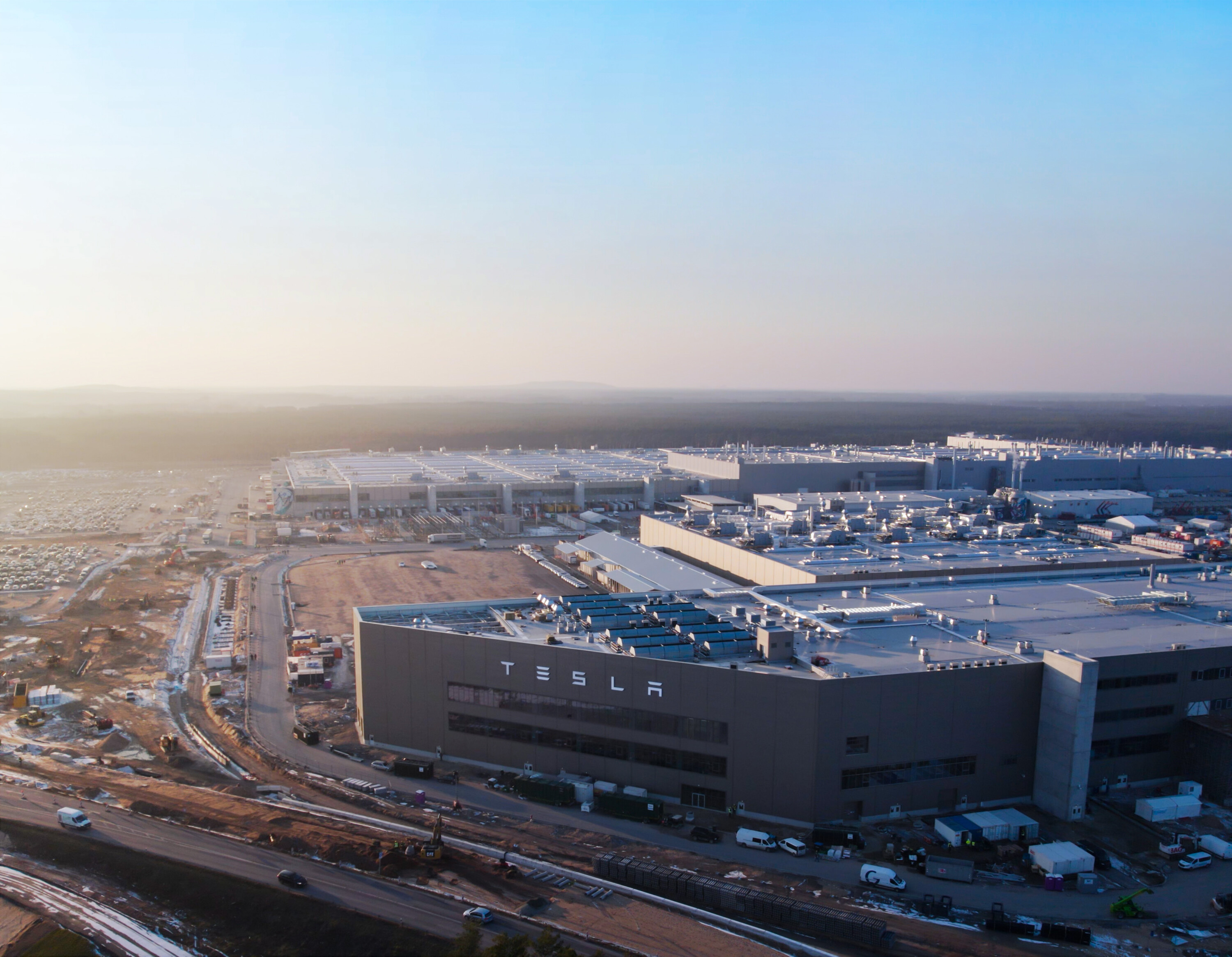
The result will be a 40 per cent reduction in factory size and it’s promised to cut manufacturing costs in half with fewer delay risks at each stage, according to Tesla.
To stay affordable, lower-grade Model 2s will presumably use LFP batteries, though Tesla has revealed its future small vehicle will be able to accept any battery chemistry.
The new vehicle will help Tesla’s German plant increase its output to one million vehicles annually. It’s currently capable of 250,000 cars yearly and will need to submit further information to authorities about environmental impacts of the expansion.
We recommend
-
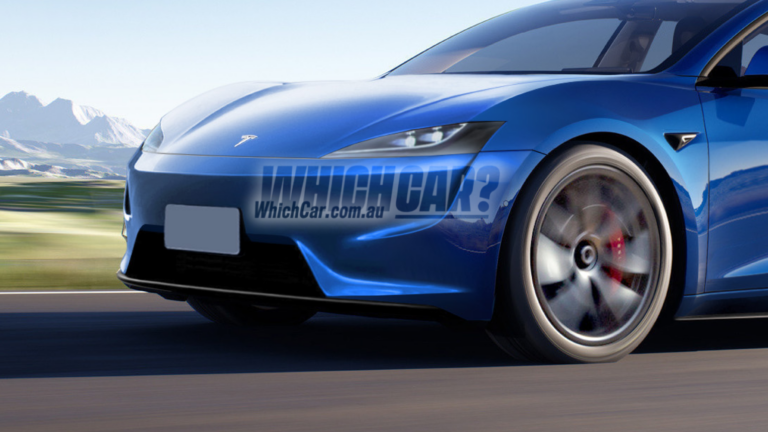 News
NewsTesla Model 2 imagined with Roadster, New Model 3 styling
With the facelifted 2024 Model 3 now out in the open, this could be the closest look yet the anticipated Model 2
-
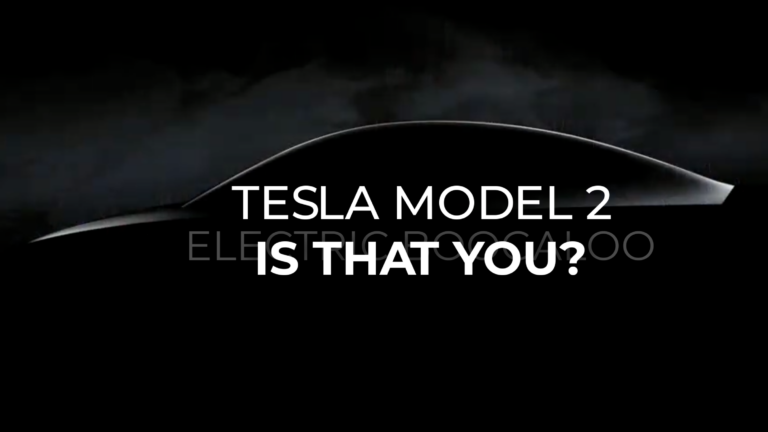 News
NewsTesla 'Model 2' teased, big reveal expected soon
Musk has teased the much-anticipated Tesla ‘Model 2’ EV for the second time.
-
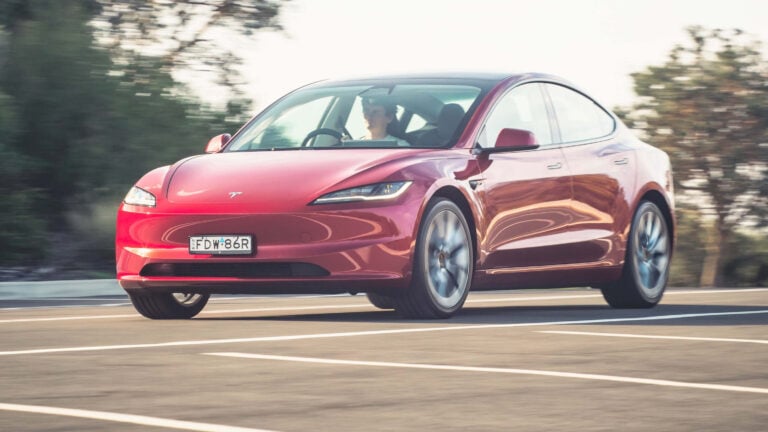 News
NewsAustralia's most popular electric cars in 2023
The results are in: Australians purchased more EVs than ever in 2023 and Tesla ruled the roost




